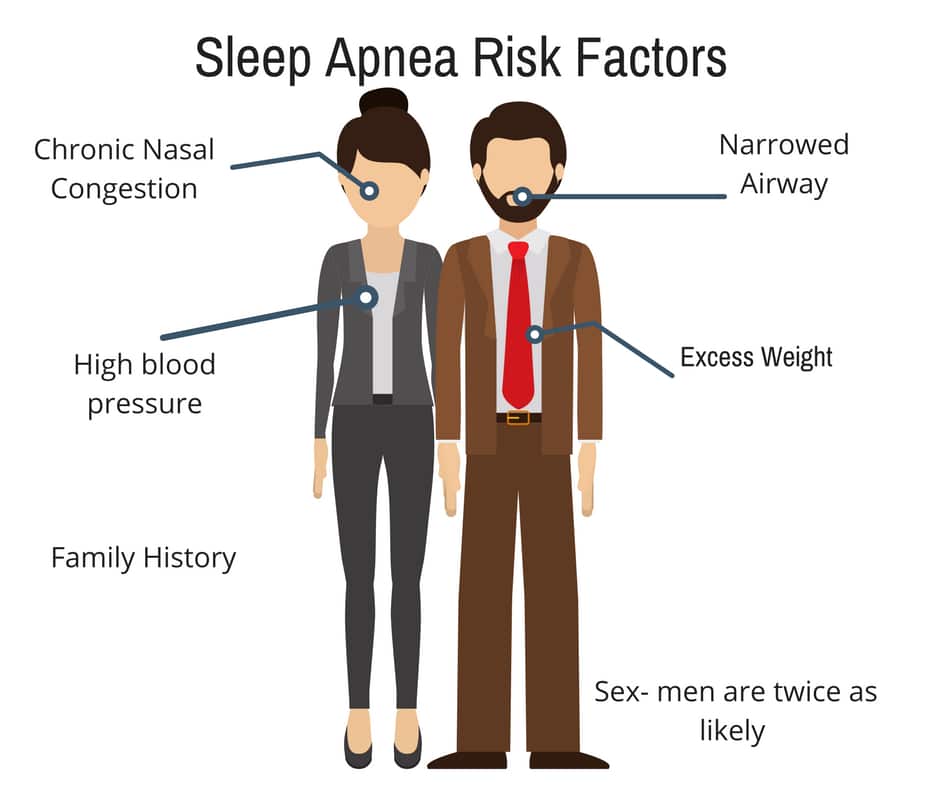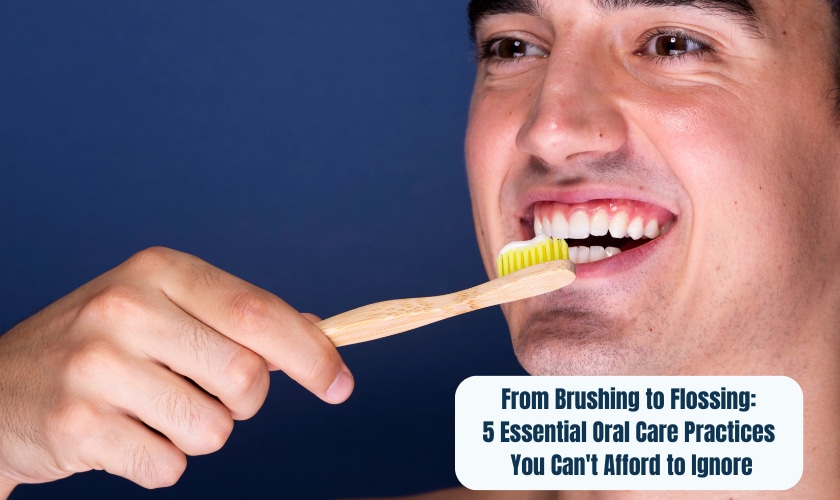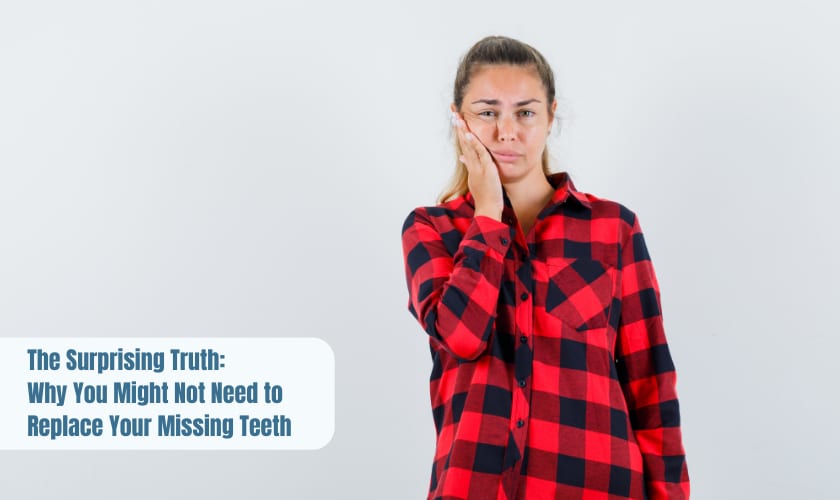
Continuous Positive Airway Pressure (CPAP) is the most common type of sleep apnea treatment. Apart from this, there are Oral appliances that are worn in mouth during the sleep to keep your tongue and jaw in a forward position.
But before knowing the treatment in detail, you need to spot your disease in an accurate manner. But, How? Okay, Let me take you to understand everything you need to know about sleep apnea through this blog.
If you constantly feeling tired and restless despite having a full night’s sleep? Does your partner complain about the loud snoring, gasping, or choking sounds during the night? If yes, then chances are that you might be suffering from Sleep Apnea. But don’t worry! With proper treatment and care, you can overcome this condition and start experiencing peaceful nights again. In this blog post, we’ll dive into what Sleep Apnea is and explore the various effective treatment options available to help you get back to uninterrupted sleep. So let’s begin!
Introduction to Sleep Apnea
According to the research estimate, In the US, 26% of people between the ages of 30 and 70 suffer from sleep apnea. Each year, 40,000 people die from heart disease who have sleep apnea.
Sleep Apnea is a common sleep disorder in which breathing repeatedly stops and starts. It can happen hundreds of times throughout the night and disrupts your sleep, leaving you feeling exhausted during the day. If left untreated, sleep apnea can lead to serious health problems, including high blood pressure, heart disease, stroke, and more. Thankfully, there are treatments available that can help you get a good night’s sleep and improve your overall health.
Common Causes and Risk Factors
There are many different factors that can contribute to sleep apnea. Some common causes include:
- Being overweight or obese
- Having a family history of sleep apnea
- Narrow airway
- Use of alcohol or drugs
There are also certain risk factors that may increase your chances of developing sleep apnea, such as:
- Age (sleep apnea is more common in older adults)
- Being male (men are more likely to develop sleep apnea than women)
- Smoking (smokers are more likely to develop sleep apnea than non-smokers)

Types of Sleep Apnea Treatments
It is important to know that there are different types of sleep apnea treatments available. Depending on the severity of your sleep apnea, your age, health history, and other factors, your doctor will likely recommend one of the following sleep apnea treatments:
1. Continuous Positive Airway Pressure (CPAP): CPAP is the most common type of sleep apnea treatment. It involves wearing a mask over your nose and mouth while you sleep. The mask is attached to a machine that provides a continuous flow of air, which keeps your airway open while you sleep.
2. Oral Appliances: Oral appliances are small devices that are worn in the mouth during sleep. They work by holding the tongue or jaw in a forward position, which prevents the collapse of the airway.
3. Surgery: In some cases, surgery may be necessary to treat sleep apnea. This can involve procedures such as nasal reconstruction or tongue reduction.
Benefits of Treatment for sleep apnea
There are many benefits of treatment for sleep apnea. Treatment can improve your overall quality of sleep, help you breathe more easily, and reduce your risk of health complications from sleep apnea.
If you suffer from sleep apnea, treatment can help you get the restorative sleep you need to function properly during the day. It can also ease your breathing so that you’re not constantly gasping for air at night. In addition, treating sleep apnea can decrease your risk of developing high blood pressure, heart disease, and other serious health problems.
The bottom line is that if you have sleep apnea, it’s important to seek treatment. There are many effective treatments available, so there’s no reason to suffer from this condition any longer. Talk to your doctor about what options are best for you and get started on the road to better sleep today.
Tips for Getting the Most Out of Your Treatment
If you have sleep apnea, there are a few things you can do to get the most out of your treatment and improve your sleep.
First, make sure to follow the instructions for your sleep apnea treatment. If you are using a CPAP machine, for example, be sure to use it every night as prescribed.
Second, keep a sleep diary to track how well you are sleeping with your treatment. This can help you and your doctor see if the treatment is working and identify any problems.
Third, learn about and practice good sleep habits. This includes things like going to bed and getting up at the same time each day, avoiding caffeine before bed, and creating a relaxing bedtime routine.
By following these tips, you can maximize the effectiveness of your sleep apnea treatment and get better quality sleep.
Alternatives to Treatment
There are a variety of alternatives to treatment for sleep apnea. Some people may choose to use an over-the-counter or prescription sleep aid, while others may opt for natural remedies such as herbal teas or relaxation techniques.
Those with mild sleep apnea may be able to find relief with lifestyle changes such as sleeping on their side, losing weight, and quitting smoking. For more severe cases of sleep apnea, however, treatment is typically necessary in order to get a good night’s rest and avoid potential health complications.
Recommendation for the Right Treatment
If you think you might have sleep apnea, see a doctor who can determine whether you have the condition and, if so, what type. Once diagnosed, mild sleep apnea can often be successfully treated with lifestyle changes, such as losing weight or cutting back on alcohol. If these measures don’t help or if you have moderate to severe sleep apnea, you may need to use a breathing device while you sleep. The most common type of device is a continuous positive airway pressure (CPAP) machine, which delivers air through a mask worn during sleep.
Sleep apnea is a serious condition that must be treated. There are many different treatments, ranging from lifestyle changes to medical interventions, depending on the severity of each person’s case. The right treatment for sleep apnea will depend on individual circumstances and preferences. However, it is important to consult with your doctor before making any decisions as they can provide recommendations based on what they feel would work best in your situation and help ensure you find an effective solution that suits all your needs. With the proper care and guidance, you should be able to overcome this difficult issue soon enough!





